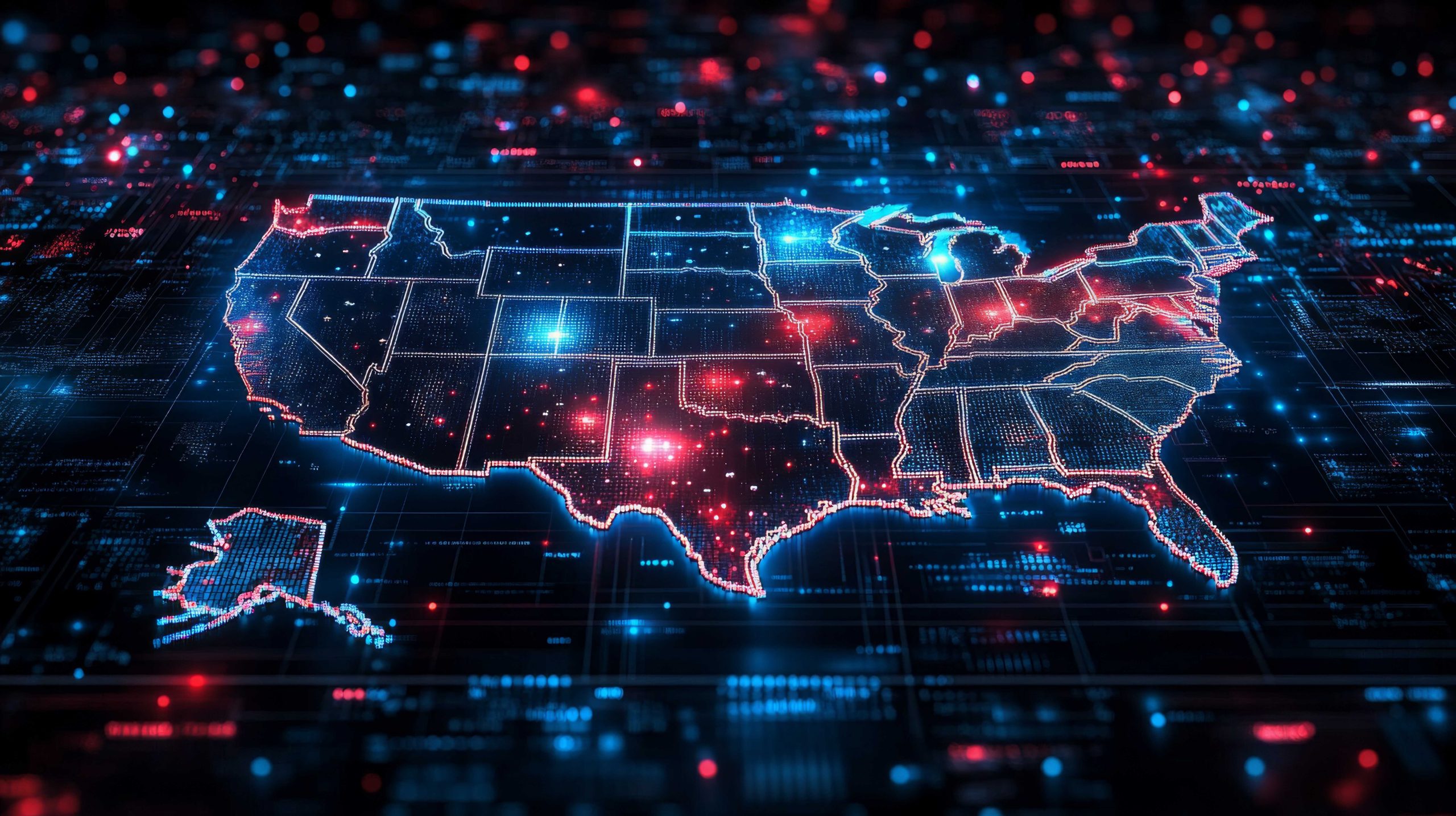In the ever-evolving landscape of technology, the rise of generative AI marks a significant leap forward. This emerging technology, which has its roots in the same AI advancements that brought us deep learning and neural networks, is now extending its reach into video production. By simply feeding it a text prompt, you can get AI to generate videos that were once solely the domain of skilled videographers and editors, redefining the boundaries of machine learning and AI capabilities.
The potential of this technology is immense. Imagine crafting detailed, high-quality videos in a fraction of the time and at a fraction of the cost traditionally required, democratizing video production for a wider range of creators, businesses, and industries. From personalized marketing campaigns to educational content, the applications seem endless.
The mechanism behind AI video generation
The core of AI video generation lies in advanced machine learning models, particularly those employing deep learning techniques. These AI models are trained on vast datasets of video content to learn to recognize and replicate patterns, motions, and sequences. When provided with a text prompt, AI interprets it through natural language processing, then employs generative algorithms to create a corresponding video sequence.
This process involves not only visual replication but also an understanding of continuity and context, ensuring that the generated video isn’t just a series of disjointed images but a cohesive visual narrative. Recent advancements in this field are remarkable. From reduced processing times to accuracy, the realism of these videos has seen substantial improvements, with some systems achieving nearly photorealistic results.
Real-life applications
As we pivot from the technical aspects to practical applications, the impact of text-to-video AI technology on enterprise-level strategies and tech innovation becomes evident. This technology is poised to transform the approach to video content creation across a spectrum of industries.
Transforming advertising
In the realm of marketing and advertising, AI-driven video creation stands as a game-changer. Imagine the ability to produce tailor-made, high-quality video advertisements aligned with consumer data insights. For businesses, particularly enterprises, this means a significant elevation of marketing agility and customer engagement. AI-generated content facilitates a swift response to market trends, enabling companies to stay ahead in competitive environments. This technological edge is invaluable, not just for large corporations but also for startups and midsize businesses, offering them a level playing field in terms of advertising quality and innovation.
Revolutionizing education
In education and corporate training, AI-generated videos are redefining the way information is delivered. They convert complex textual data into engaging, easily digestible visual narratives, enhancing understanding and retention. This aspect is particularly crucial in corporate settings where training and development are key to employee growth and organizational success. The technology’s adaptability to different learning styles makes it a potent tool for personalized learning experiences, both in academic institutions and in corporate learning environments.
Redefining entertainment
For the entertainment industry, including in film and game development, this AI technology offers unprecedented freedom. It can craft detailed, realistic scenes without the heavy reliance on expensive CGI or physical sets. This democratization of content creation is a boon for independent creators and smaller studios, enabling them to compete with larger entities by producing high-quality content within limited budgets. This paves the way for more diverse storytelling and innovative visual experiences.
Current limitations and ethical considerations
The advent of AI-generated videos has ushered in an era where hyperrealistic content can be produced with ease. For businesses and leaders, this technological leap presents both a remarkable opportunity and a significant ethical challenge. AI’s ability to create lifelike videos means that content previously requiring extensive resources can now be generated quickly and cost-effectively. However, this raises critical questions about authenticity. The challenge lies in the difficulty of distinguishing AI-generated content from actual footage.
As these videos become increasingly realistic, the line between artificial and authentic becomes blurred. This has profound implications for trust and credibility in the corporate world. For instance, a seemingly authentic video of a famous personality making a statement could be entirely fabricated, potentially leading to market manipulations or damage to corporate reputations.
The potential of AI to create misleading or false content is a concern that extends beyond the boundaries of unauthenticity and into the realm of misinformation. This technology, in the wrong hands, can be used to fabricate content for propagating false narratives or misinformation, with significant implications for businesses and society.
For example, deepfakes—AI-created videos that make it appear as though someone is saying or doing something they did not—have been used to create fake news and political propaganda, impacting public opinion and trust. In the business world, similar tactics could be used to create false endorsements or damaging statements, affecting market dynamics and corporate reputations.
Moving forward
In the face of rapid advancements in AI-generated video content, the development of standards and regulations is crucial to ensure ethical usage and prevent misuse. Both existing and proposed regulations aim to create a framework within which AI can be safely and responsibly utilized. For instance, the European Union’s AI Act, one of the first major frameworks, establishes rules and standards for AI systems, including those used in video generation.
Tech companies and developers play a pivotal role in shaping the ethical landscape of AI-generated video content. Many leading firms are already implementing measures like content watermarking, which subtly marks AI-generated videos to differentiate them from real footage. This helps in authenticating content and aids in tracking and managing AI-generated media. It not only mitigates risks but also aligns the organization with broader ethical considerations in the digital age.
As we stand on the brink of this new era, it’s imperative to pause and consider the ethical landscape that lies ahead. The very features that make generative AI in video creation so revolutionary—its speed, efficiency, and ability to mimic reality—also raise significant ethical concerns. Primary among these are issues related to content unauthenticity and the potential for misinformation. In a world where seeing is believing, AI-generated videos that are indistinguishable from reality could blur the lines of truth, challenging our perception of authenticity.
We can already see AI video generators being used for real-time video translation and localization, making content universally accessible. There’s also potential in virtual reality and augmented reality, where AI could generate interactive, immersive environments in real time. As AI becomes more prevalent, balancing its impact on traditional video production roles is crucial. Addressing these challenges will pave the way for wider adoption, making content creation more inclusive, efficient, and innovative.
Strategies such as implementing digital watermarks, leveraging blockchain technology for content authentication, and utilizing of AI-based detection tools are already making significant strides towards safeguarding authenticity. For leaders and stakeholders, the path forward involves a conscious commitment to the responsible use of AI technology. This commitment should manifest itself in tangible actions: supporting the development of ethical AI, investing in advanced technologies to identify AI-generated misinformation, and taking an active role in shaping regulations and policies. In doing so, we not only protect the integrity of digital content but also ensure the responsible evolution of AI technology, balancing innovation with ethical considerations.











